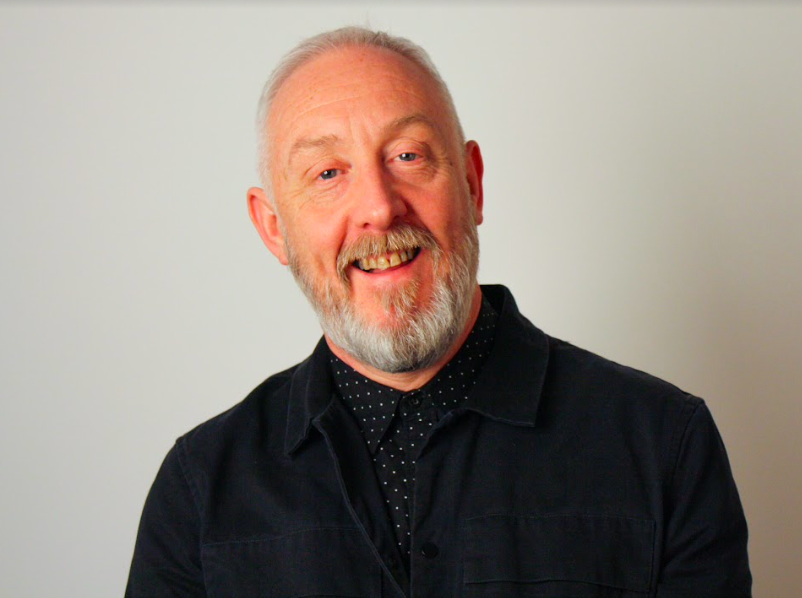Each month we pose a question to the brilliant Peter Houston, co-host of the Media Voices podcast, who will answer in his fabulously inimitable way. This month’s question comes from publishing editor of KOL Social magazine, Marcia Degia:
Housty, we have a problem

Does Edward Enninful’s departure as the editor of Vogue signify a fading trend of diversity in the fashion industry?
Peter: My short answer is, I don’t know.
If you’ve seen me any time in the last 10 years, maybe longer, you’ll know my take on the fashion industry is somewhat limited… think early-80s NME rather than Vogue. So I offer the following as a comment on diversity in the magazine business rather than couture.
I am pretty certain that Edward Enninful’s departure from Vogue UK is not straightforward, starting with was he promoted or demoted?
Rumours of a rift between him and Anna Wintour suggest a power struggle that he lost. I’ve also heard it said that he veered too far from Vogue’s traditional core audience (rich or aspirational white women). Or that he simply forgot who pays the bills.
More diverse?
There are also a range of views on how much he actually achieved in terms of making the magazine more diverse.
His list of ‘firsts’ at the title is impressive to say the least:
- The first Black person to be editor of Vogue
- The first man to hold the title
- The first trans cover star
- Oldest cover star
- First black male photographer in the magazine
- First male cover star
- First braille and audio editions
However, behind the scenes, insiders have complained that he brought his friends in rather than truly develop a more diverse staff. And, even where he did get greater diversity onto the cover, he still focused on people with privilege.
Adwoa Aboah, Enninful’s first cover star, is a person of colour but also the god-daughter of Ronnie Cooke Newhouse, who happens to be married to the chairman of Condé Nast.
What I don’t think can be argued is that the public face of Vogue changed to become much more inclusive during his six-year tenure. If seeing a Black, gay man heading up one of the most iconic publishing brands in the world gave just one up-and-coming magazine journalist the belief they needed to push ahead with their career, then that’s a win.
Everyone’s problem
For what it’s worth, I think Edward Enninful’s stint at Vogue was a good thing for the world of magazines and probably fashion. He’s a huge character and not afraid to say what’s on his mind. If he wasn’t, I doubt very much that I would be writing this piece.
Whether he’s gone because he turned down ad revenue from brands that weren’t inclusive enough, lost a power struggle with Anna Wintour or just wasn’t the best editor for the magazine, he got people talking about some very important issues.
If one man’s sideways career move weakens the movement to a more diverse and inclusive world that is sad. Looking back three years to the murder of George Floyd in Minneapolis and less than three weeks to the murder of Nahel Merzouk in Paris, we definitely need to be trying harder.
Does Edward Enninful’s departure damage the trend toward diversity? For Vogue, that 100% depends on who replaces him. For magazines, fashion, the world at large, it really shouldn’t matter. As Gary Rayneau said in April’s The Grub Street Journal, “DE&I is an everyone problem”.
Peter Houston is one third of the Media Voices podcast, a magazine publishing consultant and trainer, freelance writer, and co-publisher of The Grub Street Journal, a magazine for people who make magazines.
